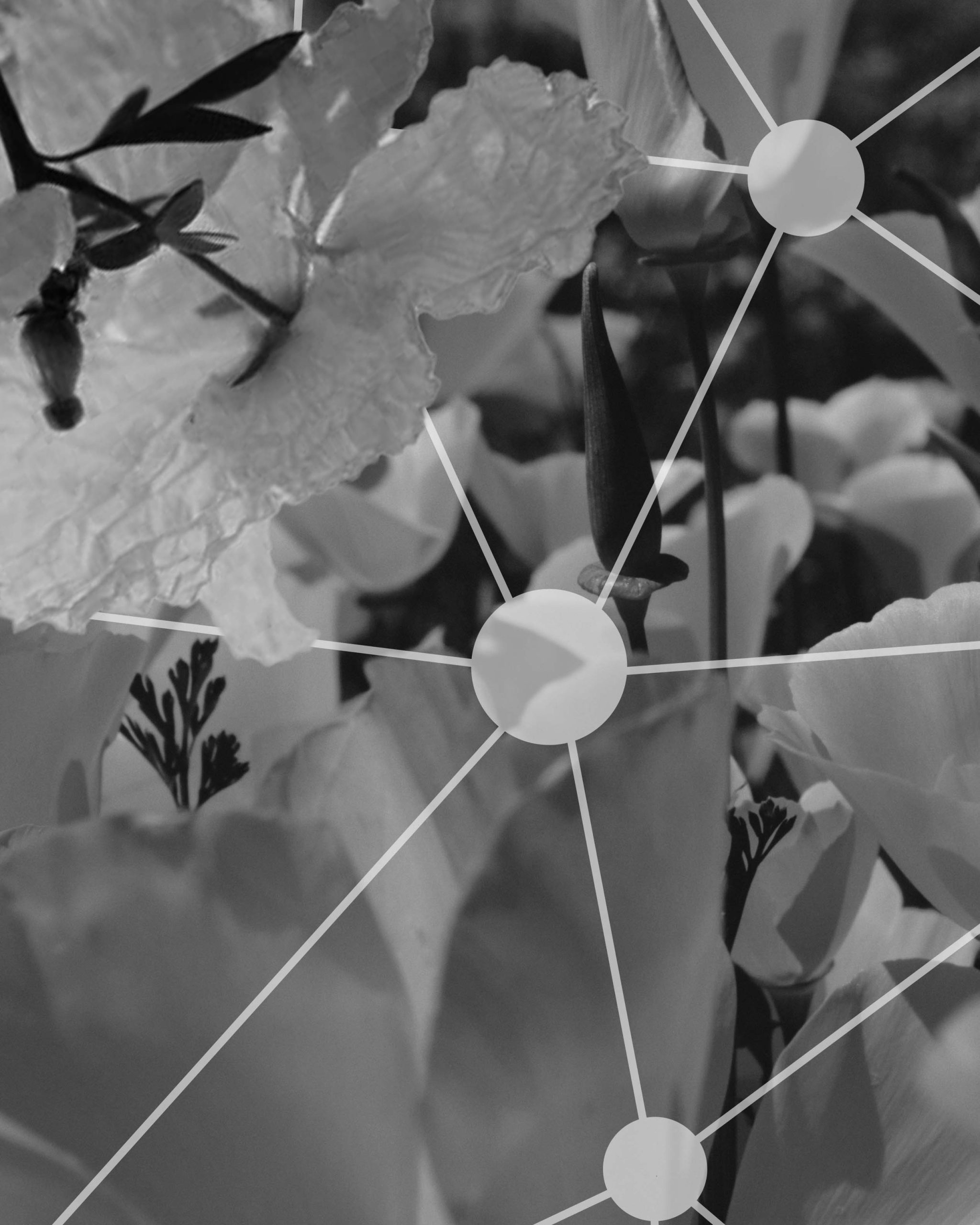PERSONALITY DISORDERS
What the DSM terms a personality disorder is also a way of being neurodivergent. Diagnosis, such as Borderline Personality Disorder, is usually an acquired form of neurodivergence that is a result of trauma early in life and is an adaptation to keeping oneself safe during stressful early life experiences. These patterns typically manifest in various areas of a person's life, such as their thoughts, emotions, interpersonal relationships, and impulse control. Personality Disorders are chronic and pervasive, often leading to distress for the individual experiencing them and causing difficulties in their daily functioning and relationships.
It's important to note that while there are intersections between Personality Disorders and neurodivergence, they are distinct concepts, each with its own set of considerations, perspectives, and approaches to understanding and supporting individuals. Also, a lot of autistic people are diagnosed with personality disorders instead of autism or other related neurological explanations. The Neurodivergent Collective can help individuals with determining their type of neurodivergence, and cater to the sensory and regulation needs to create the life they want to design for their wellness and empowerment.

There are several different types of Personality Disorders, each with its own set of defining features. They are typically organized into three clusters:
Cluster A - Odd or Eccentric Behavior:
- Paranoid Personality Disorder
- Schizoid Personality Disorder
- Schizotypal Personality Disorder
Cluster B - Dramatic, Emotional, or Erratic Behavior:
- Antisocial Personality Disorder
- Borderline Personality Disorder
- Histrionic Personality Disorder
- Narcissistic Personality Disorder
Cluster C - Anxious or Fearful Behavior:
- Avoidant Personality Disorder
- Dependent Personality Disorder
- Obsessive-Compulsive Personality Disorder
Neurodiversity, on the other hand, is a concept that recognizes and celebrates the natural variation in human neurological and cognitive functioning. It emphasizes the idea that neurological differences, including those related to conditions like autism, ADHD, and dyslexia, should be accepted and respected as a normal part of human diversity rather than being pathologized.
The intersection between Personality Disorders and neurodiversity can be complex and multifaceted. While Personality Disorders are recognized as mental health conditions that may require therapeutic intervention, neurodiversity highlights that not all neurological differences are inherently negative or in need of correction. Some key points of intersection include:
- Diagnosis and Stigma: Both Personality Disorders and some neurodivergent conditions have historically carried stigma and misunderstandings. The neurodiversity movement seeks to reduce stigma by reframing conditions like autism as variations rather than defects.
- Individual Variation: Just as neurodiversity acknowledges that individuals with conditions like autism have unique strengths and challenges, Personality Disorders also manifest differently in each person, leading to a wide range of individual experiences.
- Support and Acceptance: Both perspectives emphasize the importance of understanding, acceptance, and providing appropriate support for individuals, whether they have a Personality Disorder or are neurodivergent.
- Therapeutic Approaches: In terms of treatment, therapies for Personality Disorders often involve changing maladaptive patterns of thinking and behavior. Neurodiversity-aligned approaches may focus more on adapting environments to accommodate neurological differences rather than trying to change the individual.
- Identity and Self-Acceptance: Just as some individuals within the neurodiversity movement embrace their neurodivergent identities, some individuals with Personality Disorders may also find value in understanding their condition as a part of their identity, rather than solely as a problem to be fixed.

